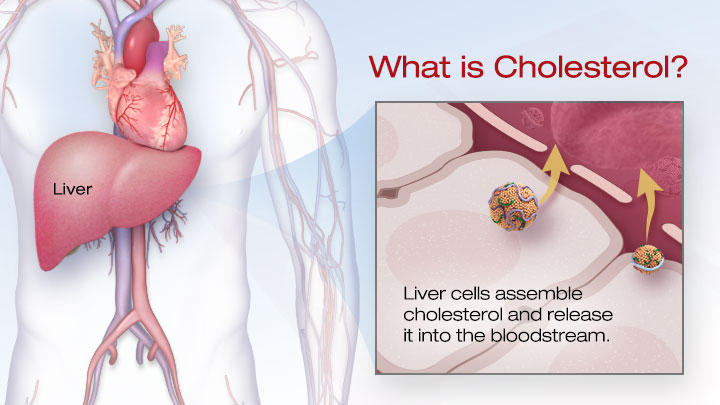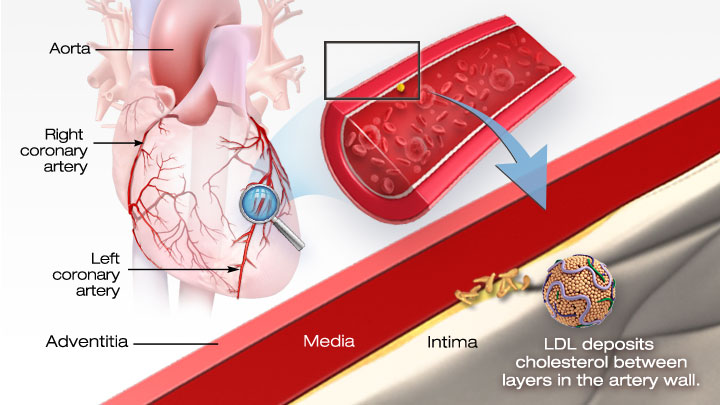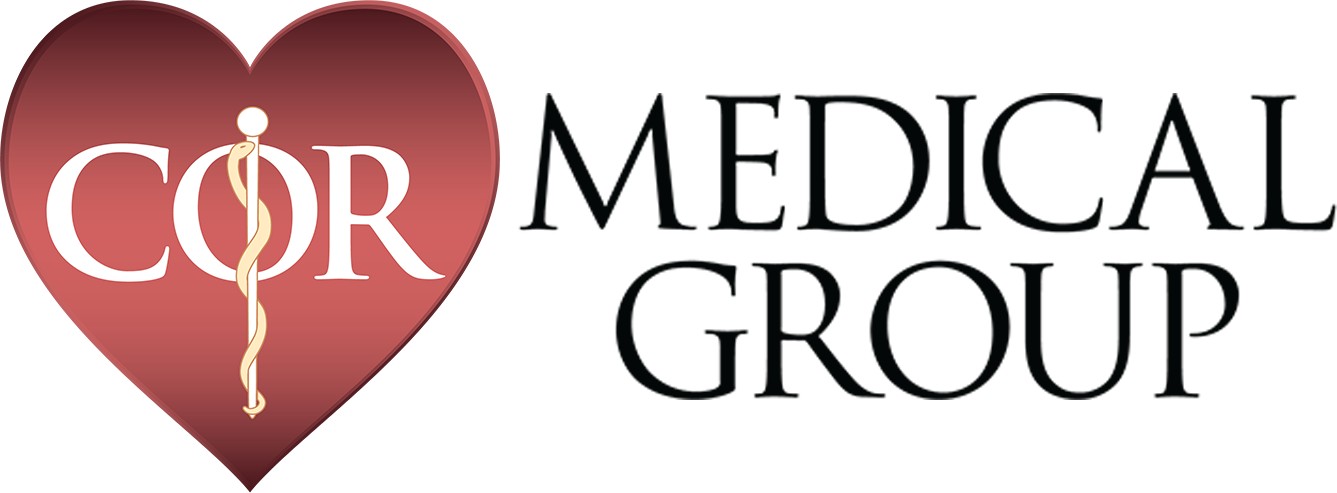Hypercholesterolemia
Too much cholesterol in our blood is termed hypercholesterolemia or high blood cholesterol. It can lead to the build-up of plaque in arteries or atherosclerosis. The different types of fats that are present in the blood stream are known as lipids. They are measured by doing a blood test. There are 2 main types of cholesterol that are attached to proteins (packages known as lipoproteins that allow the fat to be carried in the blood stream):
- Low-density lipoprotein (LDL), also known as “bad” cholesterol.
- High-density lipoprotein (HDL), also known as the “good” cholesterol
Another type of fat that is routinely measured is known as triglycerides (TG). Triglycerides are generally formed when you eat more calories than the body needs right away. Sugars and simple carbohydrates are major culprits in boosting triglyderide levels. While triglycerides were not traditionally felt to be a risk factor for the development of atheroscleorsis or coronary artery disease, recent evidence suggests that higher triglycerides usually corrleate with lower HDL levels and, thus, higher triglycerides are not considered healthy.
Any abnormality in the lipids present in our body is known as hyperlipidemia or dyslipidemia, including if we do not have enough of or a low HDL. Generally, the higher the amount of HDL, the less likely that cholesterol will deposit in artery walls. This is due to many reasons but HDL acts like a “garbage truck” and tends to pick up LDL. Generally speaking, the higher your HDL, the better off one is. However, the higher your LDL, the worse off one is. The higher the LDL level, the more likely one is going to develop atherosclerosis or plaque in arteries as LDL is prone to cause inflammation in artery walls as it deposits in the artery wall. Even if your LDL is not particularly high, if your HDL is very low, the LDL present might be more prone to deposit in the artery walls leading to plaque. Sometimes, we look at the ratio of total cholesterol to HDL or LDL to HDL to essentially determine if there is an optimal balance between the two types of cholesterol.
Other factors are important in determining whether your LDL or HDL levels are optimal for you, including whether you smoke, have diabetes, hypertension, a family history of heart disease or stroke, or whether you have known plaque in your arteries. Sometimes people have LDL levels that are not particularly high, but their LDL particles are very dense and small, and, thus, are more prone to deposit in the artery walls. This usually is in the setting of relatively low HDL levels and high triglyceride levels.
Those with a history of blocked arteries, as well as diabetics, are at highest risk of heart disease and benefit most from cholesterol control. For other individuals, the decision to take cholesterol medication needs to be individualized based on the likelihood of further lifestyle changes, risk factors for heart disease, family history, other medical conditions, age and personal philosphy regarding healthcare. Newer technology (CIMT) allows us to actually visualize whether your arteries are healthy or not and whether they are prone to develop plaque. This test might help determine if you do actually need medications in addition to healthy life-style to treat your cholesterol.
Most of the statins are now available as low-cost generics, even some of the more potent statins. Although many patients fear liver side-effects, serious liver problems are uncommon and are easily detected with regular blood work. Much more frequent side-effects from statins are muscle and joint pain although this is rarely serious and most patients tolerate statins quite well. Often, trial and error with different statins or adjustment of doses achieves adequate control of cholesterol with no side effects. Some people tolerate red yeast rice, an over-the-counter product that contains a small dose of a prescription type of statin while they cannot seem to tolerate prescription statins. Our preference is to go with prescription statins because dosing can be more reliably titrated and we reserve red-yeast rice usually only for those whom have exhausted all available statins. For more on red yeast rice, click here.
Click here for more information on high cholesterol.
For an illustrative presentation on how cholesterol contributes to coronary artery disease, click here
Updated 01/05/14
Written by and/or reviewed by Mark K. Urman, M.D. and Jeffrey F. Caren, M.D.
PLEASE NOTE: The information above is provided for general informational and educational purposes only and should not be used during any medical emergency. The information provided herein is not intended to be a substitute for medical advice, nor should it be used for the diagnosis or treatment of any medical condition. Accordingly, it should not be relied upon as a substitute for consultation with licensed and qualified health professionals who are familiar with your individual medical needs. Call 911 for all medical emergencies. Links to other sites are provided for information only – they do not constitute endorsements of those other sites. Please see Terms of Use for more information.





